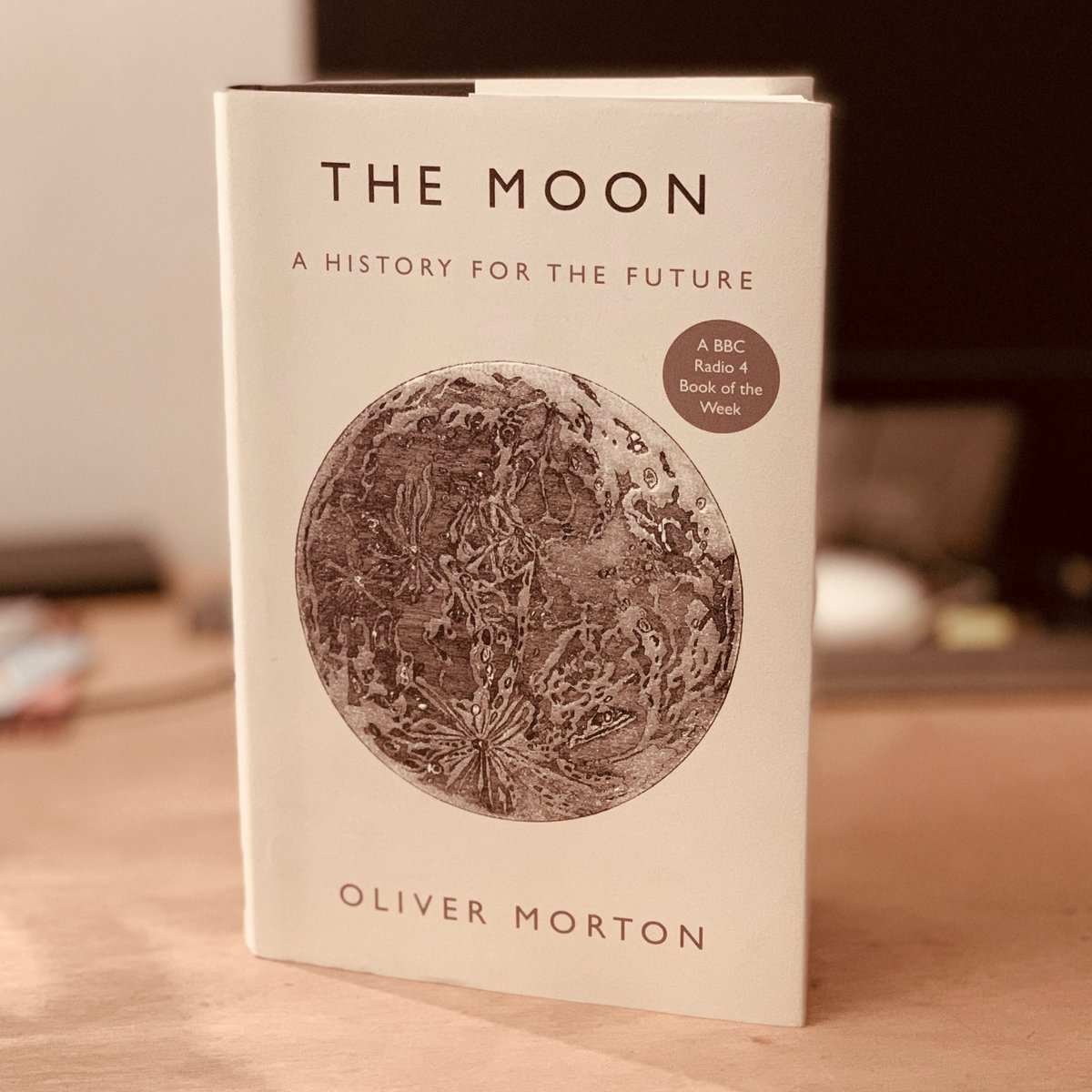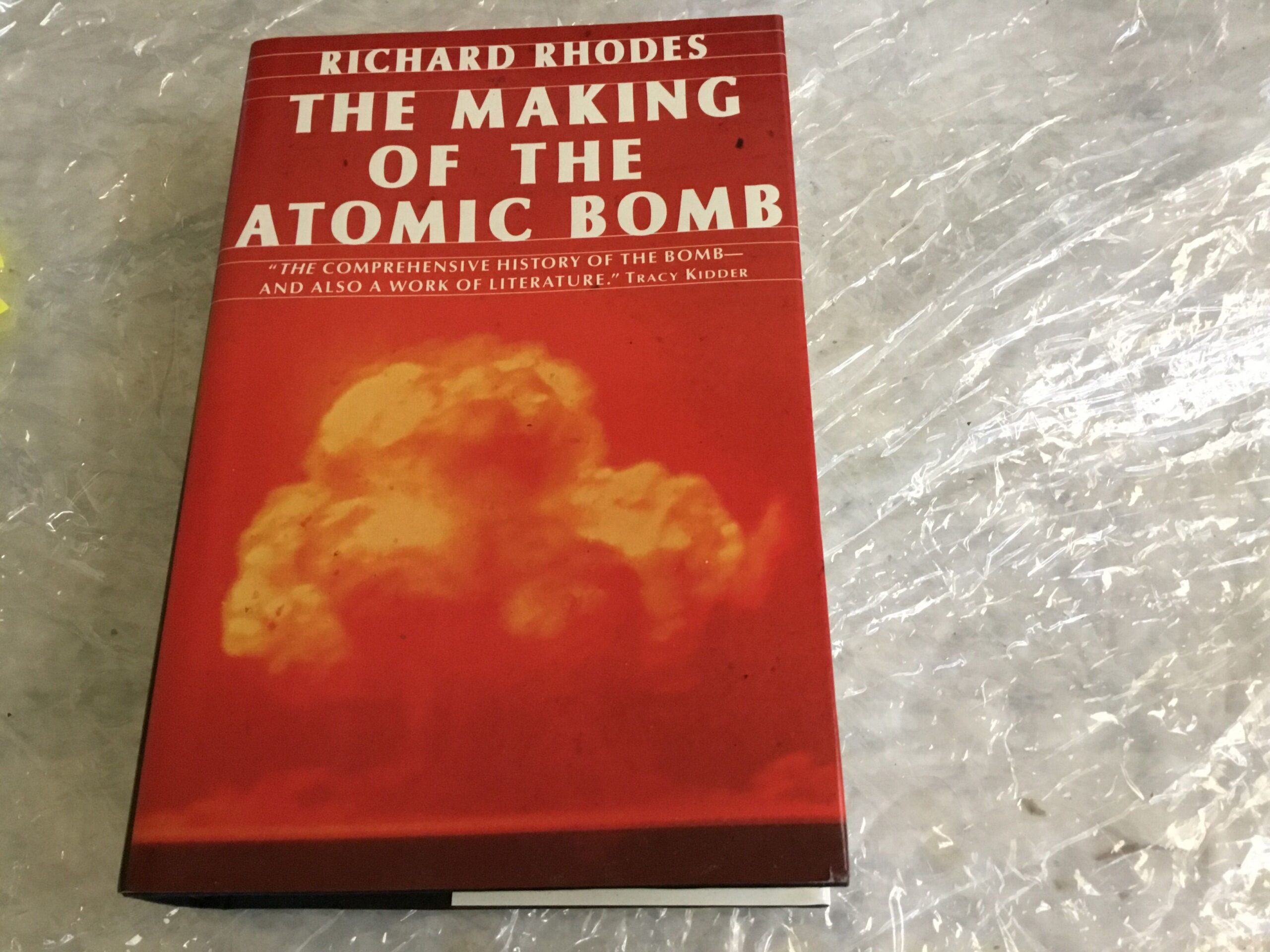Russell proceeds from the fact that the mass anxiety is well-grounded: the development of artificial intelligence may well follow the scenario of The Matrix, The Terminator and other works where leather bastards are ultimately defeated by smart machines. The researcher sees the main problem in the fact that AI in the XX-XXI centuries is based on the search for ways to “optimize the task at hand.” Since a machine may know “objectively better” how to find the optimal solution, it may – by accident – have a goal orthogonal to a human goal.
The antidote, according to Russell, is to conceptually prevent the AI from developing its own goals. To do this, it is necessary to observe at least two related principles: machines must obey one single goal – to realize human preferences, in relation to which it must be in a state of permanent uncertainty.
The author’s argumentation is important and interesting, but, as is the case with almost any scientific pop from the United States, the book would not have suffered from the reduction.
“Until now, the dullness and limited impact of AI systems has protected us from these consequences, but this will change. Imagine, for example, a home robot of the future that has to look after your children when you are late at work. The children are hungry, but the refrigerator is empty. Then the robot notices the cat. Alas, the robot understands the nutritional value of the cat, but not its emotional value. Several hours pass, the world media is full of headlines about crazy robots and fried cats, and all manufacturers of housewife robots lose their market. “
Jared Diamond. The crisis. What is the mechanism for overcoming the crisis? M .: AST, 2020. Translated from English by V. Zhelninov
The author of the unforgettable hit “Guns, Germs and Steel,” rehabilitating geographic determinism, has written a book about how states survive systemic tests of strength. Diamond selected seven countries as research cases based on the principle of personal acquaintance and deep immersion in local issues (perhaps not a very convincing criterion, but let’s say). The list includes the USA, Japan, Germany, Finland, Chile, Indonesia and Australia; they all suffered severe crises in the twentieth century – who, on the other hand, did not survive them in this century? – and everyone found their own way to get out.
Before moving on to a succinct historical analysis – not devoid of strange deviations, such as the analysis of the grammar of the Finnish language, – Diamond makes the assumption that the factors influencing the adaptation of the individual to psychological crises can be transposed to some extent on the fate of states. Hence, the conclusions based on the material of different countries resemble a synopsis of a psychological manual: the nations that survived were able to recognize the crisis, accept responsibility for it and not blame others, carried out selective changes, sought to enlist the help of other peoples, etc.



